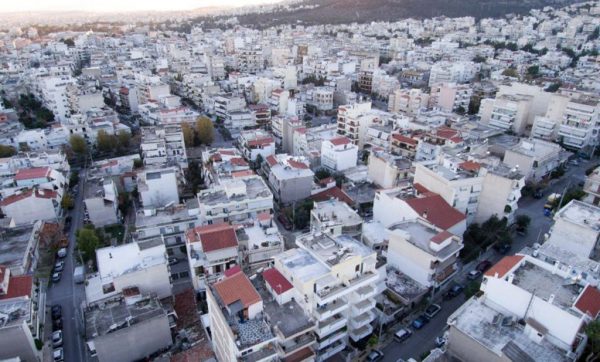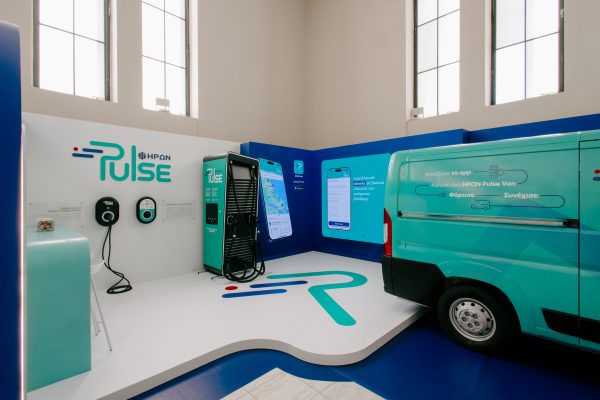
The footprint of the businesses, but also of the unemployed who participated and joined the programs of the Hellenic Manpower Employment Organization in the last three years is included in a survey of the service, which was deemed necessary in order to plan the next programs.
The official figures show that very small and small businesses, mainly active in trade, wholesale and retail, joined the programs.
Participating businesses hire women, long-term unemployed, young people and people over 55, mainly in Attica and Central Macedonia.
In detail, the number of companies that participated in these programs amounts to 47,816. Of these, the largest percentage, namely 69% or 32,940, participated with a single beneficiary, the maximum number being 42 beneficiaries in one enterprise, with 93% of enterprises participating with 1 to 3 beneficiaries.
The distribution of the beneficiaries based on the size of the companies that participated in the new programs of the last 3.5 years clearly shows that mainly very small companies employing between one and nine people are the ones that apply to participate in the programs. The recruitment rate in these amounts to 90%. Next come small businesses (10 to 49 employees) with a much lower percentage of 7%.
The activities carried out by the companies that joined are: Wholesale and Retail Trade 33% followed by Professional, Scientific and Technical Activities with 15%.
56% of the beneficiaries of the programs live outside the regions of Attica (23%) and Central Macedonia (21%).
Women and the 30-54 age group
The largest percentage of beneficiaries (59%) concerns women, while in terms of age groups, the 30 to 54 age group ranks first with a percentage of 44% of the total. They are followed by the age group of young people up to 29 years old (40%) and the group of people aged 55 and over with a percentage of 16%.
The largest percentage of beneficiaries concern Secondary Education graduates (40%) followed by Tertiary Education graduates at a rate of 33%.
Of particular interest is the fact that 48% of beneficiaries were out of the labor market for up to six months, 21% for more than 24 months, 20% for 12 to 23 months and 11% for 7 to 12 months. 59% were non-long-term unemployed.
The average duration of unemployment of the beneficiaries is 16 full months.
Latest News

Capital Link Forum Highlights Greece’s Economic Resurgence; Honors BoG Gov Stournaras
Capital Link Hellenic Leadership Award recipient, Bank of Greece Gov. Yannis Stournaras, an ex-FinMin, was lauded for his pivotal role during Greece’s economic recovery

Tourist Spending in Greece Up by 14%, Visa Card Analysis Shows
Greece’s capital Athens emerged as the most popular destination, recording a 17% increase in transactions with Visa cards, surpassing even the cosmopolitan island of Mykonos.

Inflation in Greece Unchanged at 2.4% in Nov. 2024
The general consumer price index (CPI) posted a 0.4% decrease in November compared to the previous month

2024 Christmas Holidays: Extended Shop Hours Schedule
The 2024 Christmas Holidays extended shop hours schedule commences on Thursday, December 12 and runs until the end of the year.

ELSTAT: Seasonally Adjusted Unemployment Down in October
The number of employed individuals reached 4,284,694, an increase of 67,723 compared to October 2023 (+1.6%) and 22,002 compared to September 2024 (+0.5%).

Greek PM’s Chief Economic Adviser Resigns
In the post on his Facebook page, Patelis did not disclose the reasons that led him to step down.

“Masdar Invests in the people of Greece and in the vision of TERNA ENERGY”
Four messages from the CEO of Masdar, the Arab renewable energy giant, after its acquisition of 70% of TERNA ENERGY

Lloyd’s List Greek Shipping Awards 2024: Honors for leading companies and personalities in the Greek shipping sector
20 awards presented at the 21st annual Lloyd's List Greek Shipping Awards

Syria’s Bashar al-Assad, His family Granted Asylum by Russia
Reuters also reported that a deal has been struck to ensure the safety of Russian military bases in the war-ravaged country

Greece to Introduce Artificial Intelligence into Its Education System
Currently, Greece is taking its first steps to bring AI into classrooms through the AI4edu program, which is being co-funded by the European Union















![Χειμερινή εξοχική κατοικία: Οι Ελληνες γυρνούν την πλάτη παρά την πτώση των τιμών [γραφήματα]](https://www.ot.gr/wp-content/uploads/2024/12/Capture-19-90x90.jpg)
























 Αριθμός Πιστοποίησης Μ.Η.Τ.232433
Αριθμός Πιστοποίησης Μ.Η.Τ.232433